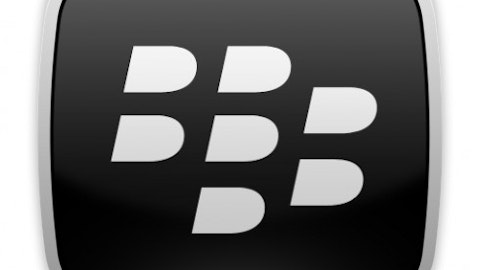Facebook’s current presence outside of its own website is relatively low-key, but nonetheless very valuable. The “Like” button exists anywhere content is published. (Including here. Go ahead and click that button to the left.) Couple those data Facebook collects from “likes” with a small policy change the company made in May of last year and a powerful ad publisher like Atlas, and external ads seem like a logical next step.
However, Facebook Inc (NASDAQ:FB) is still far away from developing an ad network to compete with Google’s. Atlas isn’t a full-fledged ad server, so there’s still some engineering that needs to take place. In the meantime, Facebook needs to work hard prove and improve the worth of its on-site advertisements as mentioned earlier. When it shows that its ads work really well on its own website, it can begin to compete for ad dollars elsewhere on the web.
The advantage Facebook has over a company like Google is that users more or less explicitly tell Facebook their interests through likes, fan pages, and wall posts. Lucy Jacobs, COO of Spruce Media (a major Facebook media buyer) said, “Facebook’s traffic is so great that an external ad network could easily increase revenues by 3x.”
What does this mean for Google?
In short, it means Google will soon have increased competition in the advertising space. The size of Facebook’s user base and traffic is about the only thing that comes close to the popularity of Google. The advantage of easily gathered information about users’ interests will be difficult for Google to overcome based on keyword searches and email messages.
Facebook wants to become the hub for all online advertising. Perhaps Google will extend its AdExchanger and other analytic services to Facebook before that becomes a reality. At least marketers will still be using a Google service to track ad efficacy on Facebook if the company elects to go that route. Otherwise, a mass migration to Atlas seems likely, as marketers want to compare Google ads to Facebook ads as well as all other sorts of marketing campaigns.
Down the road, a Facebook ad network could put pricing pressure on Google as the two compete for digital real estate. Additionally, the company will need to improve its mobile ad serving solutions at the same pace as Facebook, as it’s a major focus for both companies these days.
All in all, Facebook poses a much bigger threat than Microsoft ever did when it owned Atlas. The company already operates a website that rivals the popularity of Google’s, and has millions of searchable data points collected from users. Google can definitely hear the footsteps behind it, and this acquisition is only the latest. Expect many more developments from Facebook as it continues to try and close the gap between the two.
The article How Facebook Plans to Rival Google originally appeared on Fool.com and is written by Adam Levy.
Copyright © 1995 – 2013 The Motley Fool, LLC. All rights reserved. The Motley Fool has a disclosure policy.





